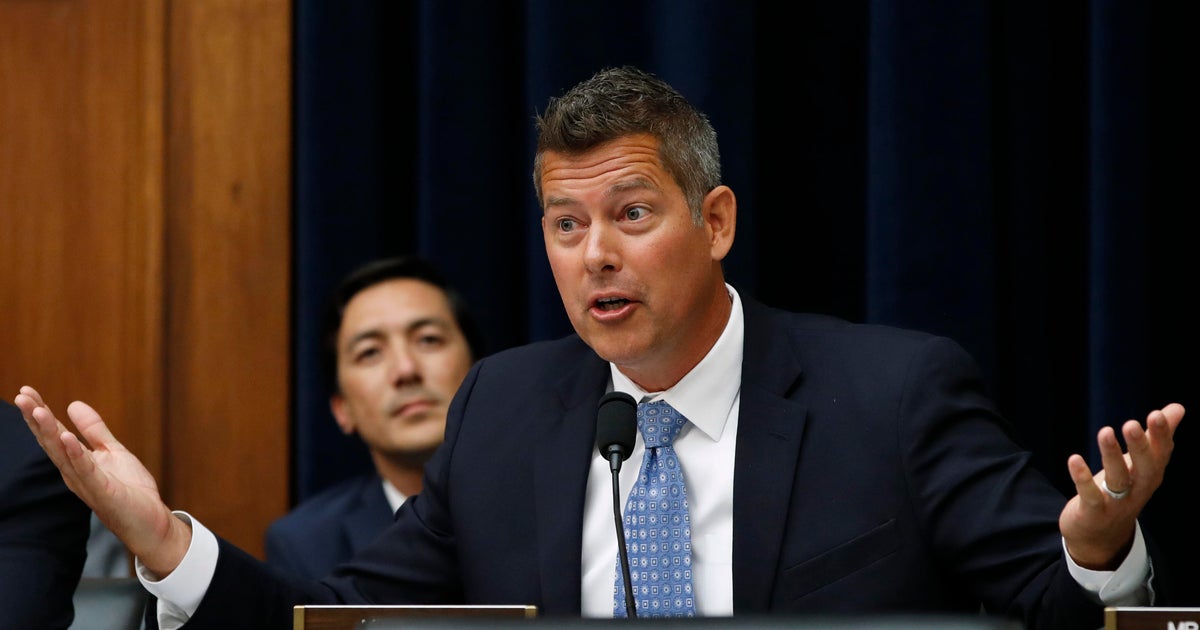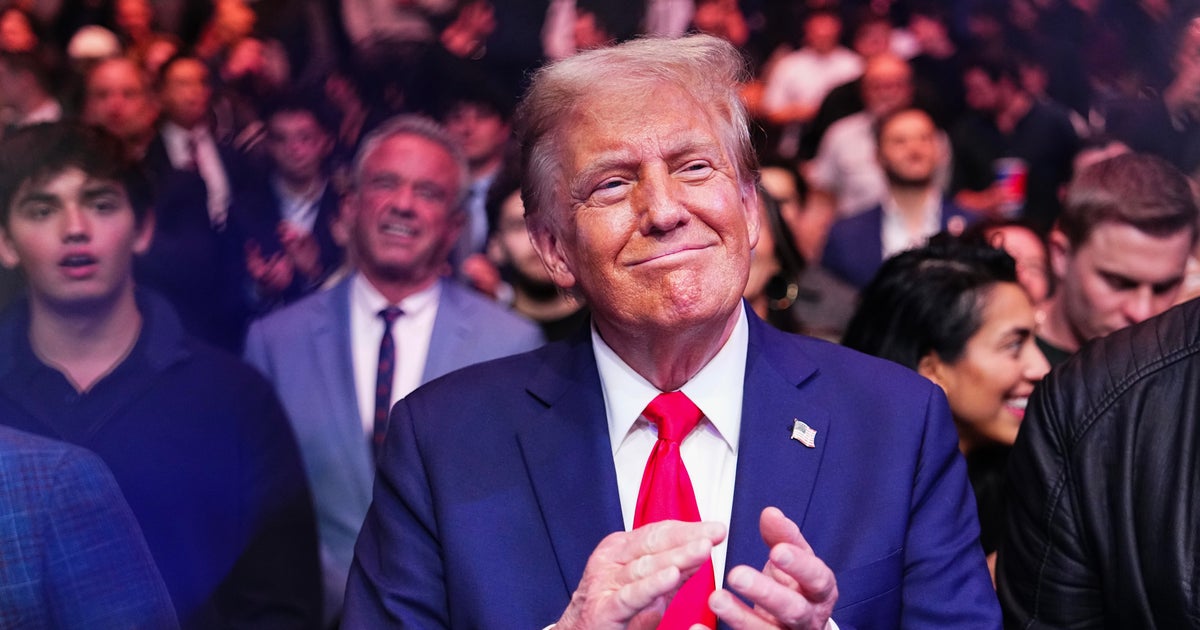Schiff suggests whistleblower testimony "might not be necessary" in impeachment probe
California Congressman Adam Schiff, the Democratic chairman of the House Intelligence Committee, said congressional investigators leading the impeachment inquiry might not pursue testimony from the intelligence community whistleblower if doing so risks exposing the person's identity.
"Given that we already have the call record, we don't need the whistleblower, who wasn't on the call, to tell us what took place during the call," Schiff said on "Face the Nation" Sunday, referring to the July 25 call between President Trump and the Ukrainian president. "We have the best evidence of that."
Schiff said his committee, one of three panels leading the impeachment probe, was initially interested in speaking to the whistleblower. Lawmakers had discussed taking great lengths to protect the whistleblower's identity during possible testimony, including obscuring the person's voice and appearance and conducting the interview somewhere other than Capitol Hill. But the chairman said his position changed when Mr. Trump sought to denigrate the credibility of the whistleblower and call for the person's identity to be exposed.
"The president started threatening the whistleblower, threatening others, calling them traitors and spies and suggesting that, you know, we used to give the death penalty to traitors and spies and maybe we should think about that again," Schiff said.
The California Democrat, who has emerged as one of the public Democratic faces of the impeachment inquiry, has been the target of Mr. Trump's ire. The president has even called for the congressman's impeachment — a process the Constitution says only applies to members of the executive branch and federal judges.
Although he believes an appearance by the whistleblower might not be necessary, Schiff said he and other congressional investigators plan to use other avenues to unearth evidence surrounding the "conditionality" of a multi-million military aid package to Ukraine that was delayed for months, as well as purported efforts by top White House officials to restrict access to memoranda related to the July phone call between Mr. Trump and President Volodymyr Zelensky.
"It may not be necessary to take steps that might reveal the whistleblower's identity to do that," he said. "And we're going to make sure we protect that whistleblower."
Schiff also conceded he "should have been much more clear" during an appearance on MSNBC in September when he said his committee had "not spoken directly to the whistleblower." On Sunday, Schiff said he was "referring to the fact that when the whistleblower filed the complaint, we had not heard from the whistleblower."
But the whistleblower approached House Intelligence Committee staff before filing the complaint, and staffers advised the person to hire a lawyer and contact the intelligence community inspector general. The whistleblower's legal team have said their client never discussed the matter with Schiff and had no input in drafting the complaint.




